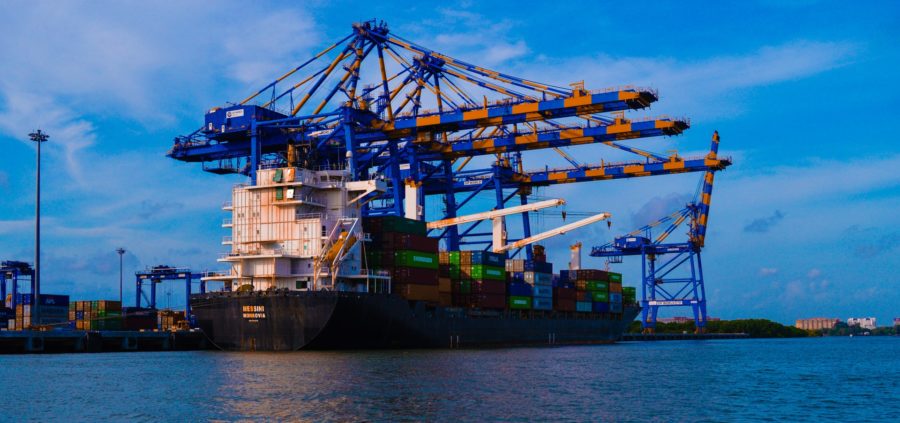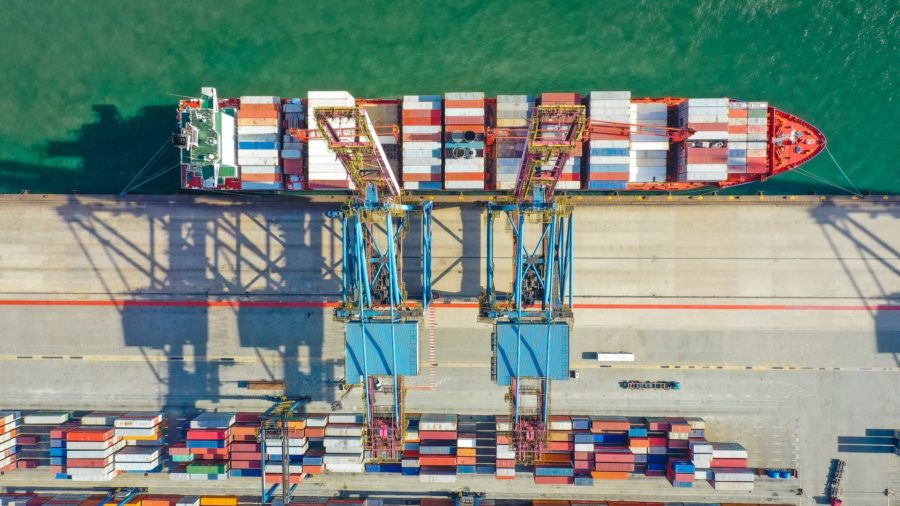Sign up for recent trade news that can affect your business:
October 19, 2020
EU Ready to Impose Digital Services Tax Without Agreement from OECD

The European Commission remains ready to propose an EU-wide tax on digital companies, absent an international agreement being negotiated at the Organization for Economic Cooperation and Development.
Besides wanting to make multi-national tech giants pay their fair share, Executive Vice President of the European Commission, Valdis Dombrovskis, said the EU is mindful of member countries — such as France — going it alone.
“We stand ready to come forward with a digital taxation proposal at the EU level, because we would like to avoid the fragmentation of the single market if different member states now start introducing different digital taxes,” he said.
Asked about France’s digital tax, the new EU trade chief said Brussels would not accept U.S. retaliation.
“The EU’s position on this has been clear: Taxation is a sovereign right of countries and so we are not accepting that third countries are interfering with taxation rights of the member states, especially if those are done in a horizontal way not addressed to any particular country,” he said.
(Source: Politico)








